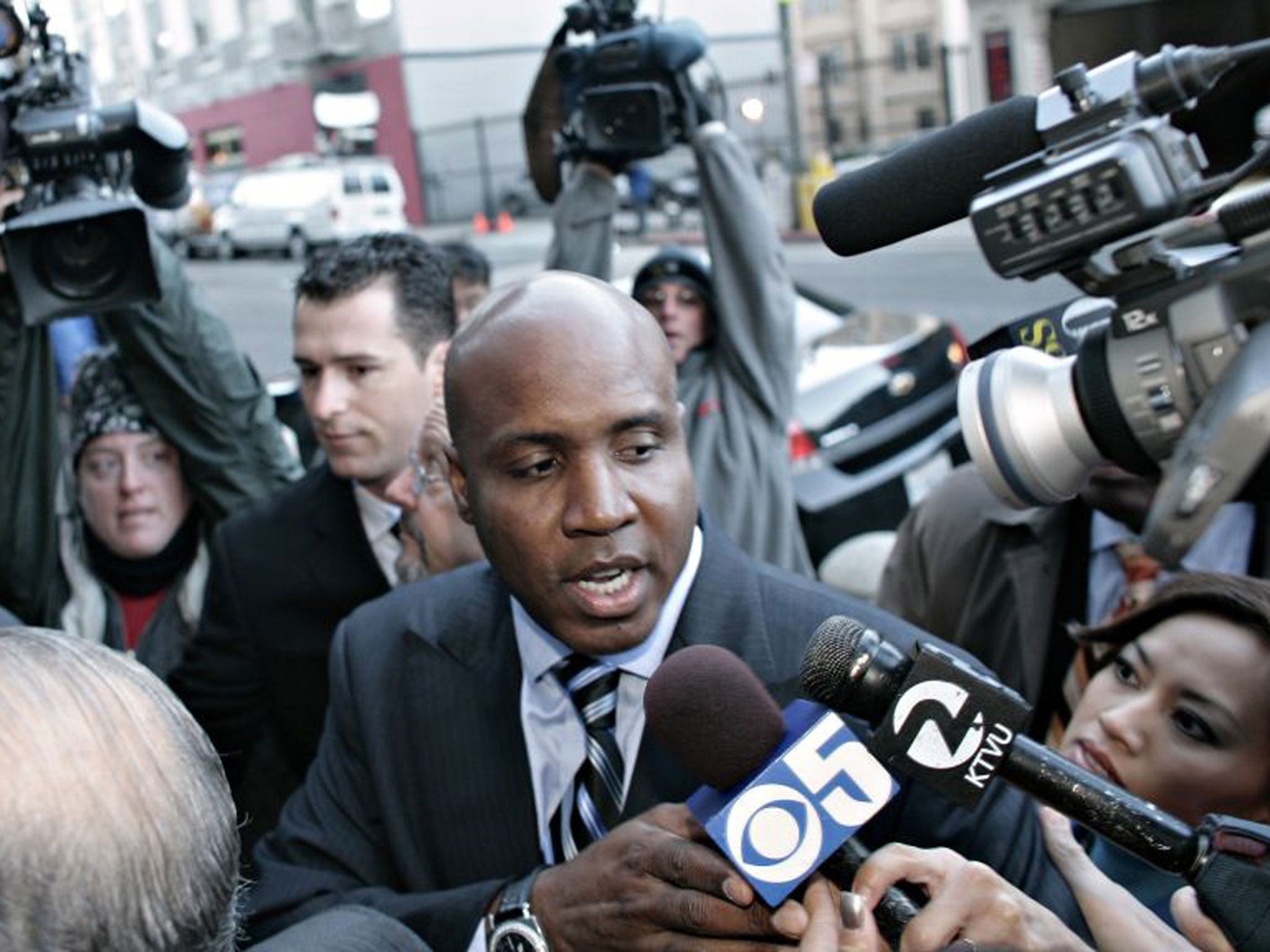Welcome, Lance Armstrong, to hall of fame for deluded athletes
The Last Word: In this shrine of shallow glamour he may yet try to absolve himself

Oprah: Don't you hate to lose?
Lance: Yes, but if you get beat but you didn't make any mistakes and your preparation was perfect, then you realise that someone else was just better. I think I can live with that.
That's what he told her, anyway, back in 2004. As we all know now, the possibility that someone might just be better was the one thing Lance Armstrong could not endure.
It remains to be seen how candid he might be about his idea of "perfect" preparation when he again sits down with Oprah Winfrey, on Friday. Perhaps he will say deceit was pervasive, not personal; that in such a toxic environment, no rival was ever going to be "just better".
It wasn't cheating, Oprah. It was anger. Here I was, born with this gift, this fight in me, that has helped me through far bigger challenges than getting my butt up a mountain – I don't want to talk about it here, Oprah, but I think you know what I'm talking about. And all around people were not trying to outshine me, but to quench that flame. It made me mad. But not that mad. I trusted my team, in good faith, to protect my talent from those cynical, destructive forces – to meet them on the margin. I only ever wanted to beat them. Not join them.
Cycling is one of those sports where a common plateau of technical ability leaves the elite instead depending on something within. Some of those reserves are measurable, according to dieticians and physios and sleep analysts – not to mention the guy who stocks the fridge – but the athletes themselves cherish the idea that the ultimate difference is innate, intangible.
And that is why the last, desp- erate frontier they recognise is not right or wrong, but the precipice beyond any sane capacity for anguish and endurance. Understandably enough, they always treat that step into the void as a human triumph – never as a superhuman, pharmacological one.
So the whole messy business is about storytelling: what the athlete tells himself; what he tells Oprah; what we tell posterity. Each represents the same events in a different way, each in different degrees distorted by personal or corporate delusion: "I may have made a mistake, but I am not guilty"; "We may be at fault – or at least those representing the standards of our society, in testing protocols and so on – but he is guilty."
At the moment baseball is busy trying to anticipate history's judgement on a generation of stars tainted by rumoured steroid abuse. Barry Bonds, Roger Clemens and various contemporaries – their names polluted either by hearsay, or as helpless footnotes to the asterisks against the men they played with – were this week blackballed from the Hall of Fame. For the first time since 1996, the envelope opened at the ceremony contained a blank sheet.
Needing 75 per cent approval, Bonds and Clemens did not muster even 40 per cent. Some believe they merit induction even on their early achievements, and that it is sanctimonious and vindictive to banish men reckoned, by some, respectively the greatest hitter and pitcher of their day. Every era had its aberrations, after all. Bonds completed 762 home runs. Babe Ruth hit 714 without ever facing a black pitcher.
Bonds and Clemens can stay on the ballot another 14 years, and may yet be shown clemency. True, voters must consider not just a player's record and ability, but his "integrity, sportsmanship, character". But Marvin Miller, late boss of the players' union, once pronounced the Hall of Fame to be "full of villains" – right down to members of the Ku Klux Klan.
Just as press and media are now enjoying open season on Armstrong, when only a handful had the guts to pursue him in his bullying, litigious pomp, so the baseball scribes who stand sentry to Cooperstown must first have felt duped, and now avenged. Any cheats out there will have got what they deserved – which, funnily enough, is all their apologists say they might vaguely have tried to secure.
Admission to a Hall of Fame gives a pleasingly literal quality to themes of consecration and violation. To some, his return to Oprah does the same for Armstrong in a cheaper register, ritualising his fall from grace in a shrine of shallow glamour and emotion. In such an environment, Armstrong may yet try to absolve himself of decisions made in a more rarefied atmosphere – one where the oxygen, Oprah, is thinner than on any Pyrenean pass. But the testimony of other cyclists has made quite plain that their choice seemed perfectly clear.
Back in 2004, Oprah told Armstrong: "You were born with the thing that makes you stick, Lance. No one can teach you that. You come with your own nature, and then your environment nurtures whatever that is. You want to go into the pain, into the climb. That's who you are."
"That's true," replied Armstrong. And, even if he thought fleetingly about the "nurture" available in his environment, he must have thought that the perfect ending to his story.
Subscribe to Independent Premium to bookmark this article
Want to bookmark your favourite articles and stories to read or reference later? Start your Independent Premium subscription today.

Join our commenting forum
Join thought-provoking conversations, follow other Independent readers and see their replies